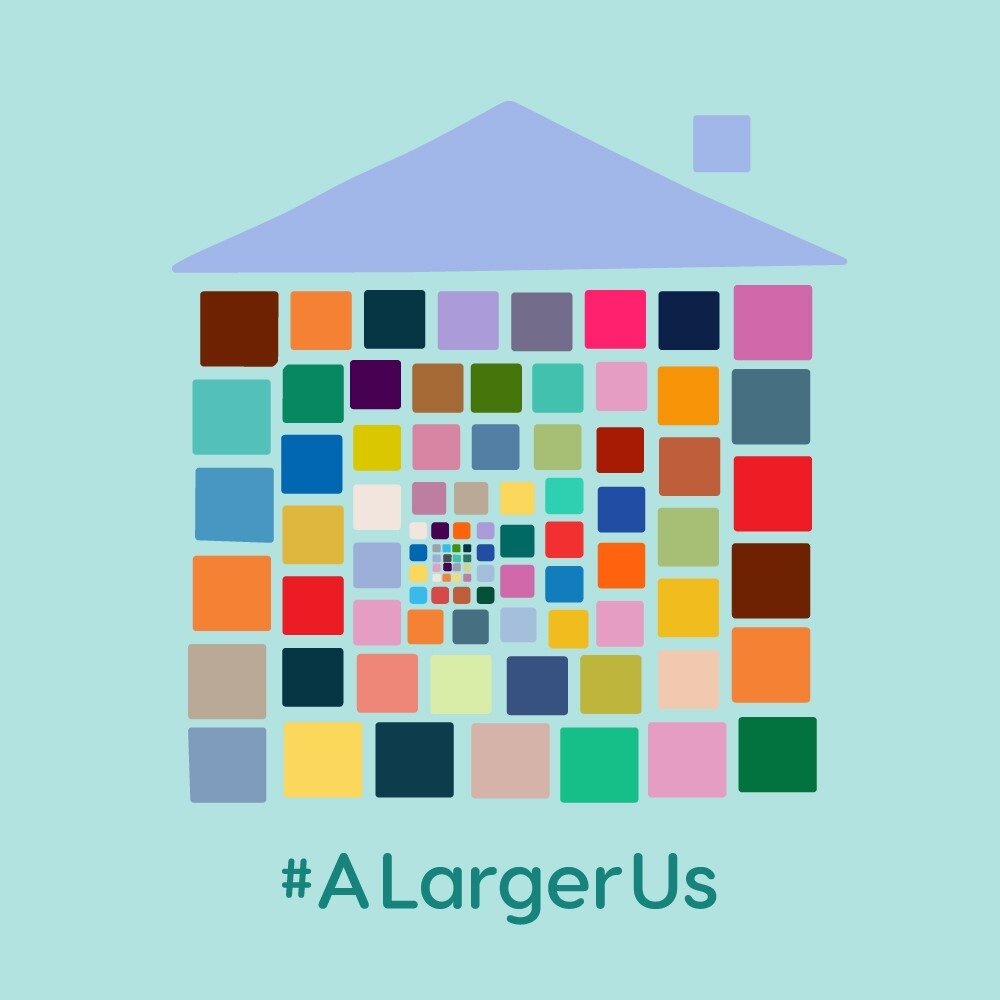Kia ora from Marianne
What's the difference between empathy and care? And why does it matter to cannabis law reform? Those are questions I found myself trying to answer as we put the finishing touches on a short guide on how to talk about cannabis law reform.
Today the Prime Minister announced that the election will be delayed by a month, which also means we have another month to get ready for the referendums. I had recently started asking my friends and family how well prepared they feel to vote on the two referendums. Their responses have been mixed. One thing is consistent: whether they feel well-informed or not, people’s thoughts about drug law reform are almost always framed in terms of their values.
Sometimes I feel a bit like a stuck record when we give advice on narratives for change. Lead with shared, collective values, we say, over and over again. It’s a strategy clearly supported by research evidence, and it makes instinctive sense to most of us when we think about what motivates us and influences our decisions about important issues like these two referendums.
Subtle but significant differences between values
But the more time we spend researching narratives for change, the more I appreciate the importance of thinking carefully about which values we are engaging in our communications. In particular, I am learning more about the subtle but significant differences between values which can seem quite similar.
This week we are putting the finishing touches on a short guide on how to talk about cannabis law reform. The guide, commissioned by JustSpeak and ActionStation, is based on a review of existing evidence and our own primary research. We expect to launch it in a couple of weeks.
One of the subtle but important distinctions we found in the research on this topic was why engaging personal empathy is less effective than collective care, and how they are different.
Avoid: Empathy for individuals
When we talk about empathy as a value in this context, we are talking about focusing on the harm being done to individuals by our existing drug laws. While empathy might seem like a useful value, in practice it has been found to activate unhelpful individualistic thinking, like the idea that people should use willpower to quit drugs. So, perhaps counter-instinctively, our guide recommends that you avoid engaging empathy in communications around drug law reform.
An example of a message leading with empathy as a value would be: People who use cannabis are hurting themselves and others, we need to help them.
Use: Care and collective responsibility
Collective care and responsibility may seem to be very closely related to empathy on a spectrum of values, but it differs significantly in that it draws attention to our collective responsibility rather than focusing attention on individuals. By focusing on good responsible care of people throughout the community, including people who use drugs, we can increase support for policies and actions directed towards collective wellbeing. So we recommend using these values in communications on drug law reform.
An example of a message leading with care and responsibility as values would be: Instead of punishing people, we should be doing everything we can to support them to live their lives fully. A responsible approach to drug law will improve the wellbeing of all our communities.
“Care and collective responsibility values help us frame how we are all
interconnected, and bring into focus how harm to one is harm to all,
as opposed to just thinking about the harm to one person and their family.”
The goal is better, not perfect
I’m always aware that giving this kind of detailed advice could freak people out. The difference between individual empathy and collective care is subtle. Yet research shows it can make a difference to whether your message builds support for policies and actions directed towards collective wellbeing. That seems like a lot of pressure on communicators to get it exactly right.
We want you to feel more and more confident in your ability to use the building blocks of narratives for change in your work. That’s why all our message guides are available for free. It’s also why we are working on an online version of our Narratives for Change training program, which we hope will make it easier to access for more people.
Please also remember that you don’t have to get every detail right for your message to be effective. Using any of the building blocks for narrative change will strengthen your communications. The goal is better narratives, not perfect narratives.
Notes from the Narrative Movement
New Message Guide on Masculinity
Our colleagues at Common Cause Australia have just published a guide to having more productive conversations about masculine stereotypes. Even though the research was done in Australia, we think the guide will be useful to lots of people here in Aotearoa.
One great example of the advice in this guide is to frame problematic masculinity as gender stereotypes that constrain men and frame solutions as freedom from gender stereotypes altogether.
FROM It’s time we redesigned masculinity for the 21st century.
TO: It’s time we freed men from outdated masculine stereotypes.
FROM: There is more than one way to be a man.
TO: Men shouldn’t be shackled to any gender stereotype.
From Neighbourliness to Social Justice
Survey on use of Common Cause research
The Common Cause Foundation is currently gathering case studies of people and organisations around the world who have used their work. If you’ve been to one of our training workshops, or used one of our message guides to choose and use values in your communications and work, then you have benefited from the Common Cause Foundation’s research.
Gathering this information will help the Foundation to better understand the reach and impact of their work, so we would love it if some case studies from New Zealand made their way back to the people whose research has informed our work.
Here is a short survey that you can use to tell them about your projects. Data will be collected and kept by the Common Cause Foundation, not The Workshop. For any questions, please contact Ruth on rtaylor@commoncausefoundation.org
From Megaphone to Mosaic: Five Principles for Narrative Communications
Finally for this week, Thomas Coombes has written a really helpful article on the kinds of meta narratives that build movements. He makes a case for narrative synergy between organisations that share the same values, which is another way of saying that public narratives change when communicators across a field of practice start using consistent narrative strategies. Which is why we encourage people and organisations working towards the same change to collaborate on narrative research and training.
You can get more guidance on narratives on topics from transport, climate change and justice reform in our freely available message guides on our website.
Get in touch with Rachel@theworkshop.org.nz if you would like to talk to us about how we can help you with specific advice or do training for your team
Marianne, Jess, Sharon, Lucia and Rachel, at The Workshop




